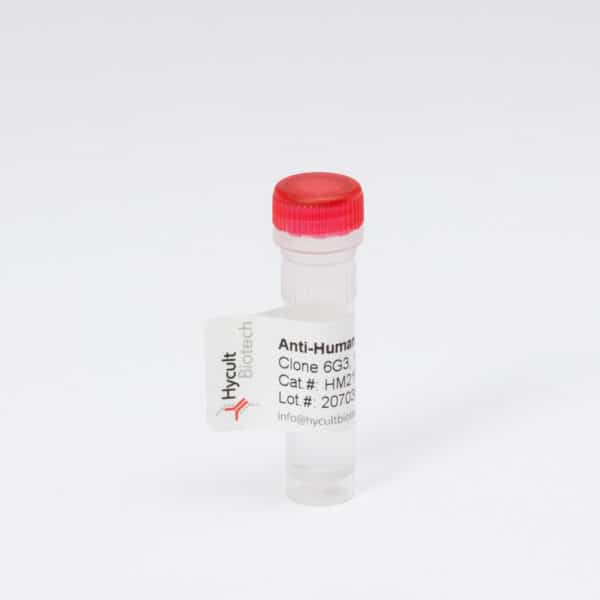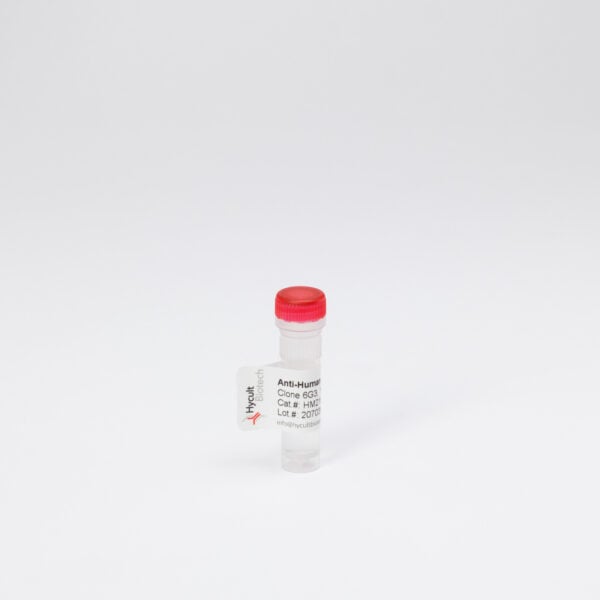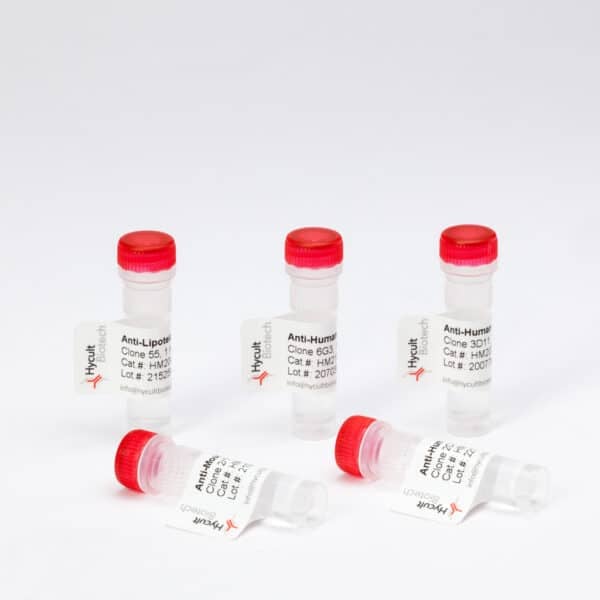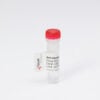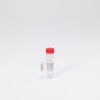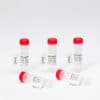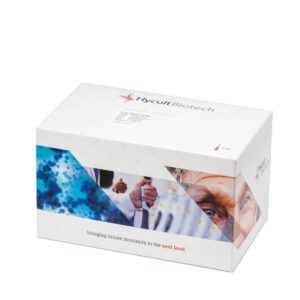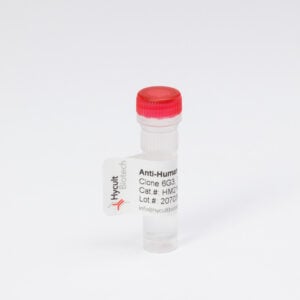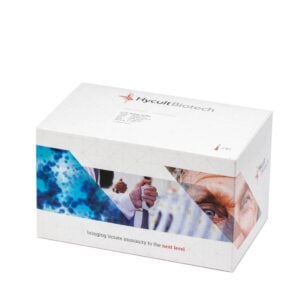TCC, Human, mAb aE11, FITC
Monoclonal antibody aE11 reacts with a C9 neoantigen of the terminal complement complex (TCC).
Read more€133.00 – €578.00
Monoclonal antibody aE11 reacts with a C9 neoantigen of the terminal complement complex (TCC).
The three distinct activation pathways of complement converge with the formation of a C5 convertase. The cleavage of C5 by this convertase initiates the lytic or terminal pathway. In contrast to the activation pathways, which require enzymatic cleavage for activation, the terminal pathway relies on conformational changes induced by binding. Binding of C6 facilitates binding of C7 which alters the conformation of the complex.
After binding of C8, a variable number of C9 molecules associate with the C5b678 complex, which is also termed- the terminal complement complex (TCC). The formation of TCC causes lysis of cells or can trigger a variety of cellular metabolic pathways resulting in the synthesis and release of inflammatory mediators. The TCC contains neoantigens that are absent from the individual native components.- C9 neoantigens are present both in the membrane-bound (MAC) and the fluid-phase (SC5b-9) complex. TCC is present in normal human plasma and increased in patients with complement activation.
You may be interested in…
-
View product €825.00 – €1,359.00
-
View product €133.00 – €456.00
-
View product €133.00 – €1,245.00
-
TCC ELISA, human, kit
Cross reactivityCynomolgus monkey – Yes, Horse – No, Mouse – No, Pig – Yes, Rabbit – Yes, Rat – NoView product €756.00 – €1,223.00
